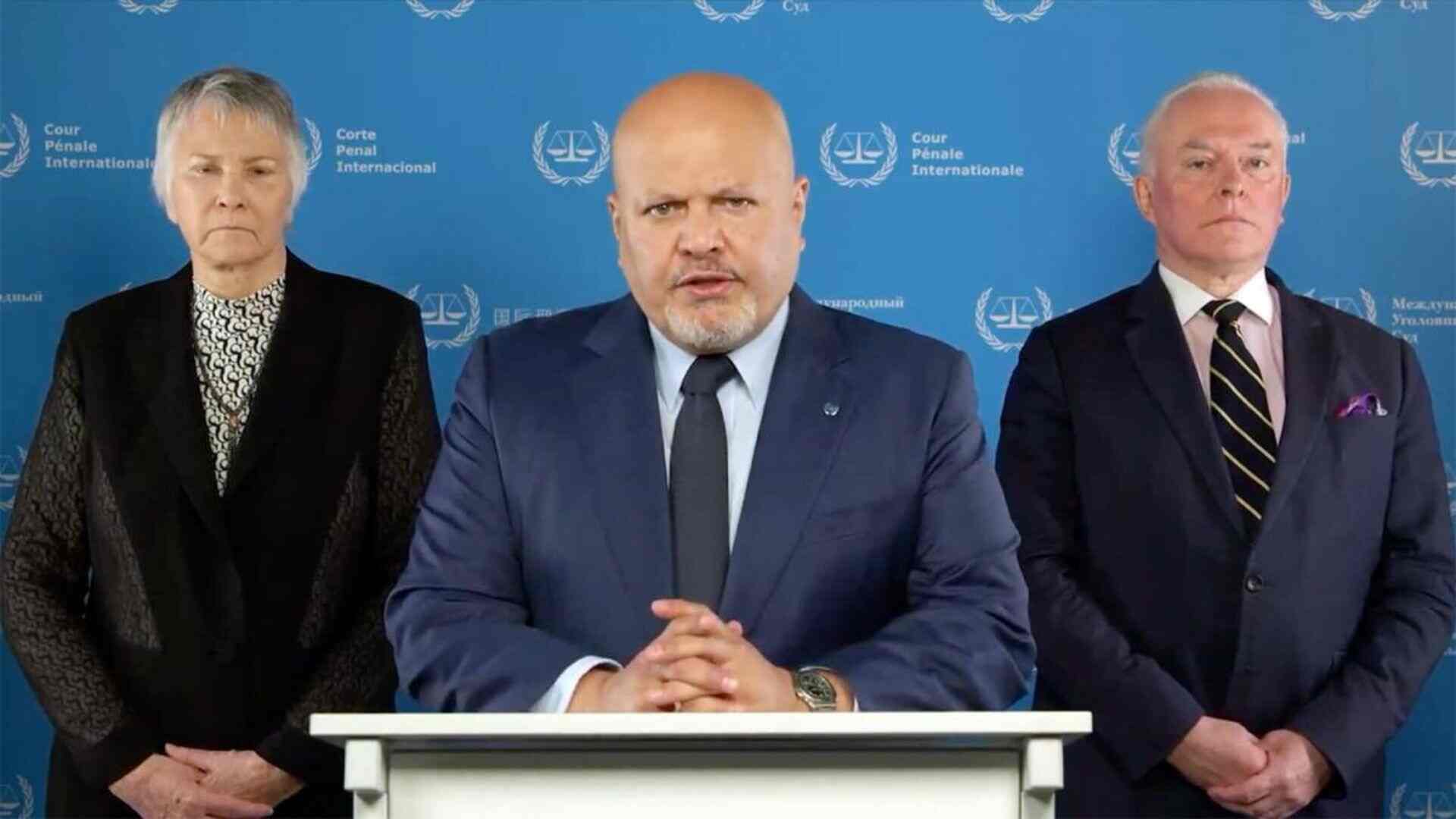United Kingdom has decided not to pursue efforts to question the International Criminal Court’s (ICC) jurisdiction to issue arrest warrants for Israeli Prime Minister Benjamin Netanyahu and Defence Minister Yoav Gallant. This decision comes after the ICC’s prosecutor requested warrants in May for Netanyahu, Gallant, and three Hamas leaders over alleged war crimes.
In June, court documents revealed that the UK, an ICC member state, sought to provide written observations on whether “the court can exercise jurisdiction over Israeli nationals, in circumstances where Palestine cannot exercise criminal jurisdiction over Israeli nationals under the Oslo Accords.” However, the new Labour government, elected in July, has decided not to proceed with the proposal.
Prime Minister Keir Starmer’s spokesperson stated, “On the ICC submission… I can confirm the government will not be pursuing (the proposal) in line with our long-standing position that this is a matter for the court to decide on.”
The ICC, the world’s first permanent international war crimes court, steps in only when a state is unwilling or unable to prosecute war crimes itself. Israel, supported by its main ally, the United States, is not a member of the ICC, and has stated that alleged war crimes in Gaza are being investigated domestically.
Member states of the ICC are obliged to arrest individuals with warrants on their territory, but past cases, such as that of Sudanese former President Omar Bashir, have shown that compliance is not always guaranteed. If warrants are issued against Israeli leaders, many European Union countries, which are ICC members, could face significant diplomatic challenges.







